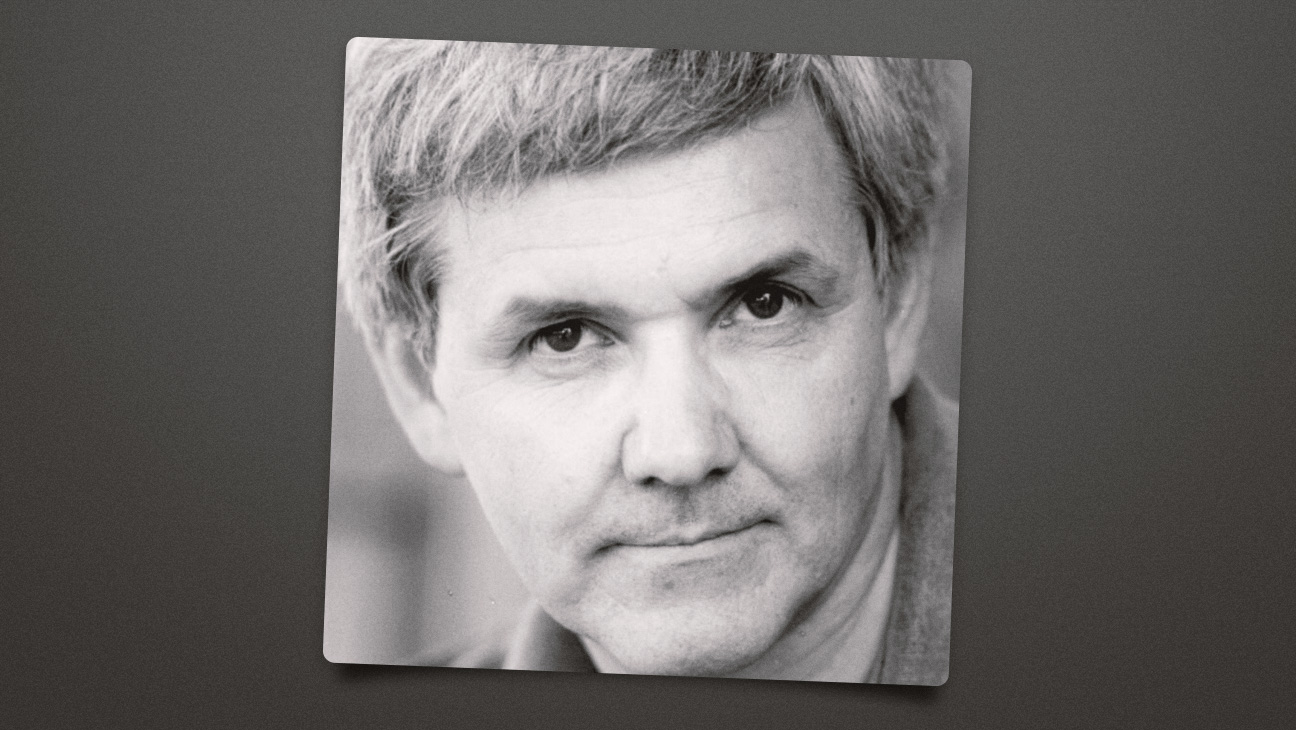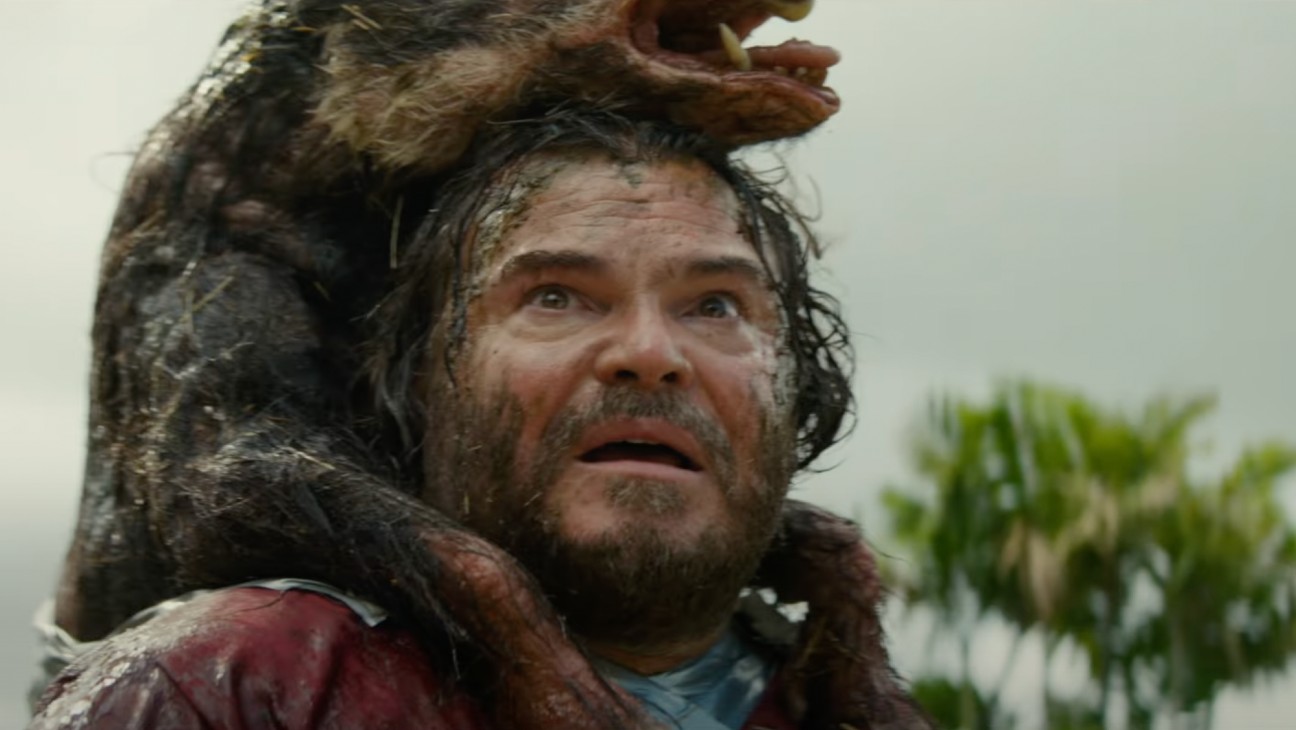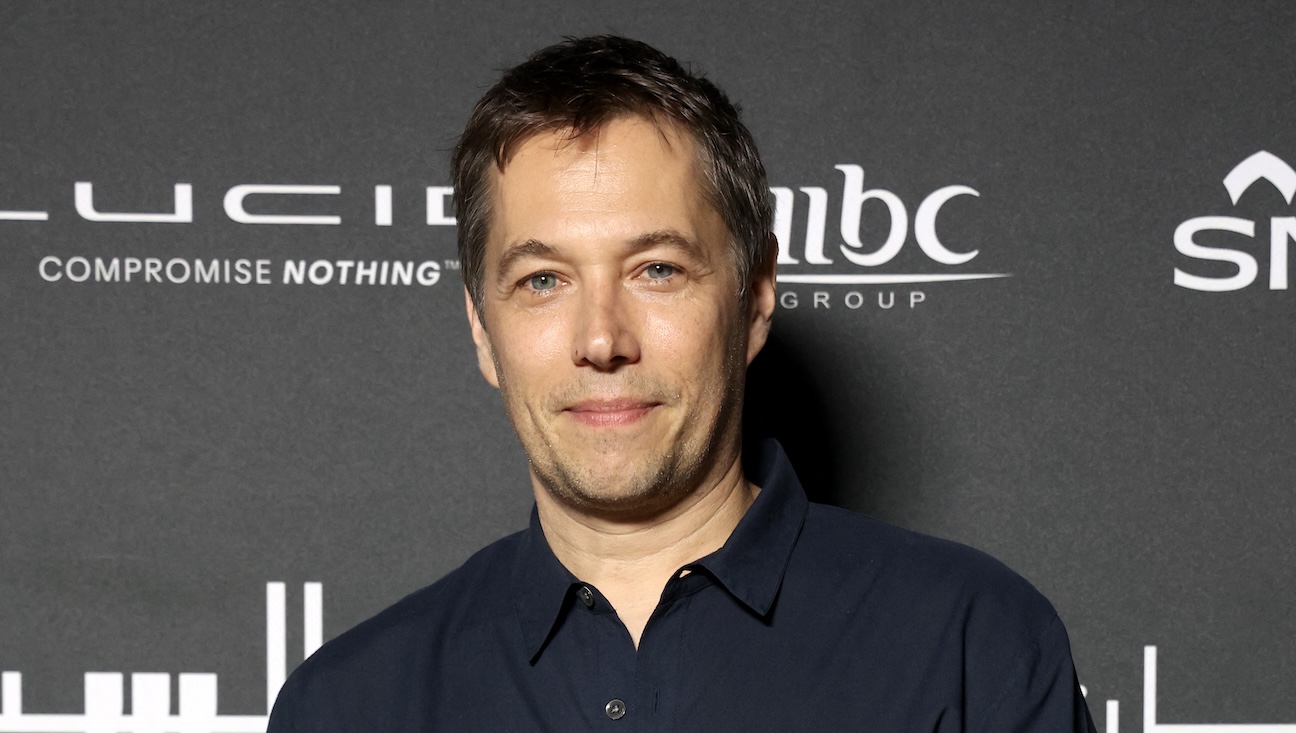Veteran National Film Board of Canada documentary director Gilles Blais has died. He was 84.
The NFB, Canada’s publicly funded film producer, said Blais passed away on Oct. 17. No cause of death was given.
“Through his films, Gilles Blais was a true observer of society, not just in Quebec, but also in Canada and around the world. He will be remembered as a thoughtful filmmaker who was deeply attentive to his subjects and known and appreciated for his great respect and patience. These qualities made him a remarkable director,” Suzanne Guèvremont, government film commissioner and chairperson of the NFB, said in a statement.
Having worked at the NFB from 1965 to 1997, Blais was known for prescient documentaries like the 1971 ocean conservation film Water, Water Everywhere…, which offered an underwater close up of a trout dying in polluted water, and the 1979 doc Sophie Wollock’s Newspaper, which gave voice to English-speaking Quebecers opposing the Quebec nationalism movement to separate from Canada through the perspective of a suburban Montreal newspaper.
He revisited Quebec nationalism in 1997 with Le Grand Silence, about the controversial 1995 referendum on the French-speaking province voting on whether to leave Canada. Blais also directed the 1991 drama Joseph K. – The Numbered Man, which warned about the potentially harmful fallout from domestic surveillance of citizens.
Born in 1941 in Rimouski, Quebec, Blais started out as an assistant cameraman on In The Labyrinth, a film by directors by Roman Kroitor, Colin Low and Hugh O’Connor created for the Expo 67 event in Montreal. He was also assistant cameraman on the documentary Beluga Days (1968) by Pierre Perrault, Michel Brault and Bernard Gosselin and about the rural beluga fisheries in Canada.
Also in 1968, Blais worked as an assistant director on Straight to the Heart, a dramedy by Jean-Pierre Lefebvre that starred musician and actor Robert Charlebois as a pacifist brainwashed by mysterious authorities to embrace war. In 1971, he directed his first documentaries, including The Netsilik Eskimo Today, about an Inuit family in Canada’s Arctic north.
From 1971 to 1974, Blais launched a video unit in Tunisia and in 1977 served as production advisor for eight films on human settlements shot in Africa for the United Nations Conference. His other NFB credits included The Port of Montreal (1975); Soils of Canada (1978); The Followers (1981), about young Hari Krishna members in Quebec searching for a new spirituality; and Les Illusions Tranquilles (1984).
In 1994, Blais directed The Engagement, about a troupe of intellectually challenged performers who step out of their comfort zone to stage a theater production in France. In 2005, after having left the NFB, Blais directed Conventum, a documentary that celebrated 50 years of the Quiet Revolution, the 1960s movement in Quebec to embrace progressive change as the long dominant traditions of the Catholic Church in the province fell back into the past.





